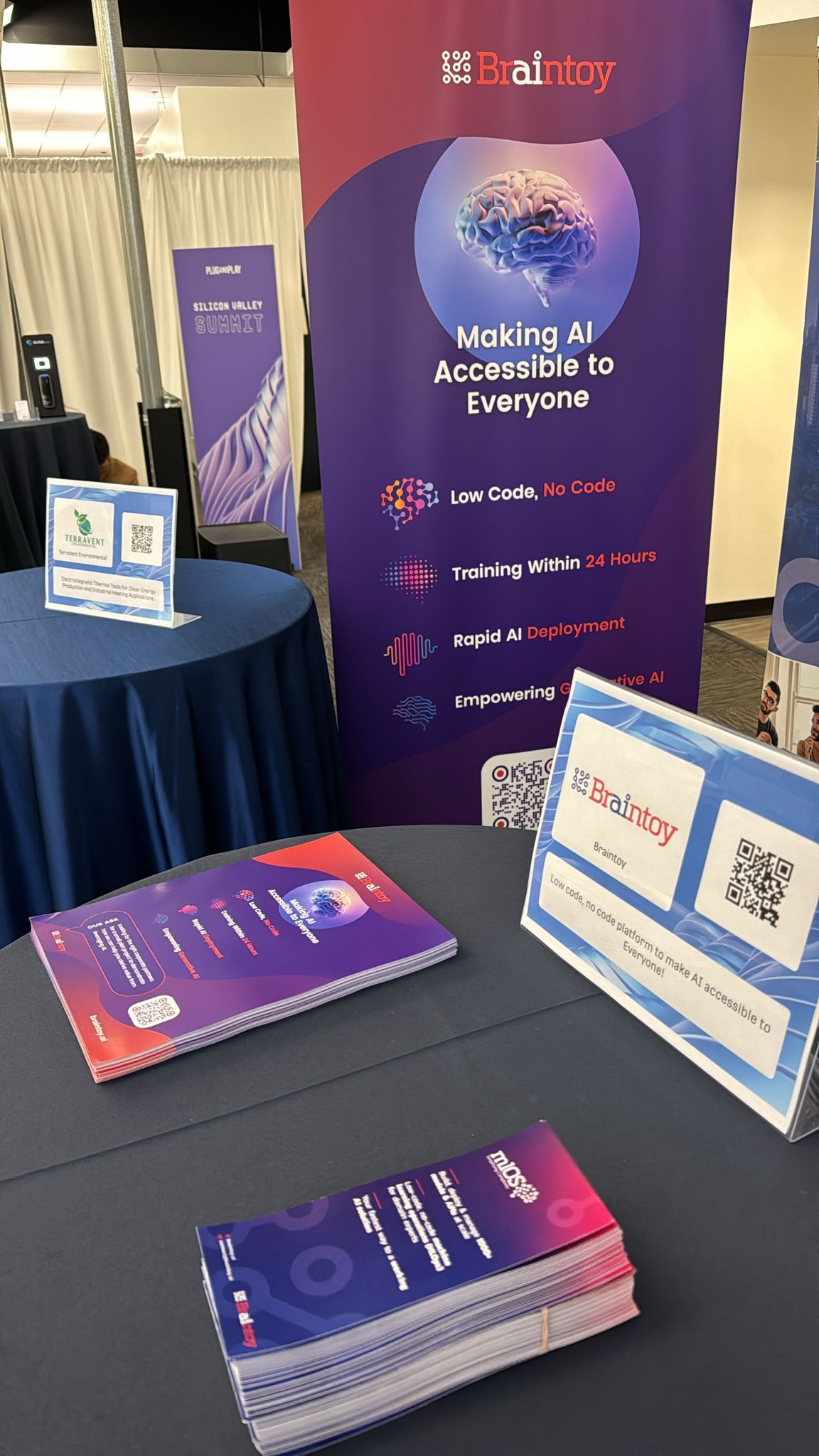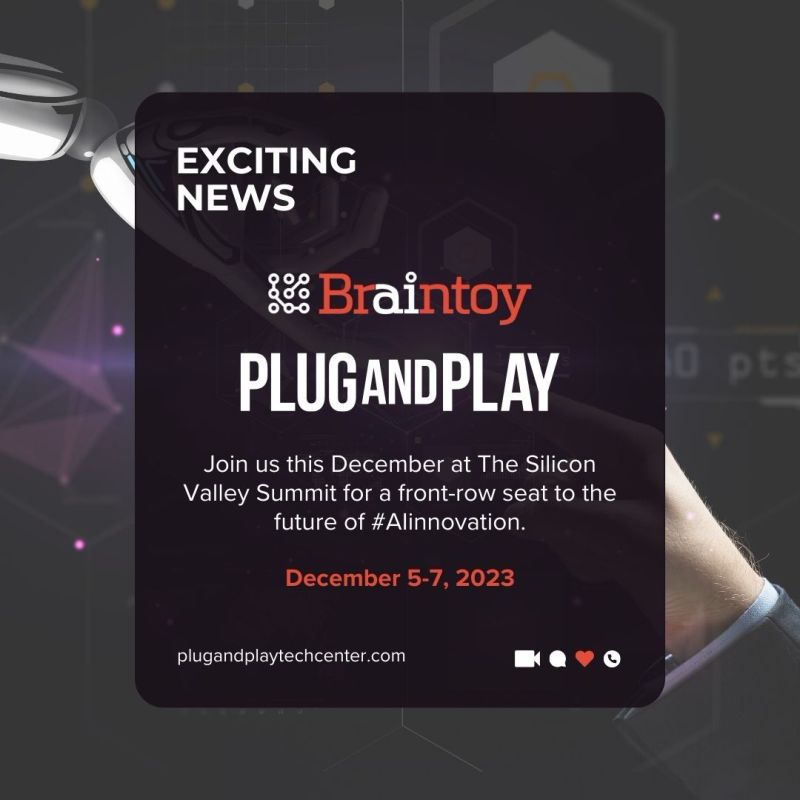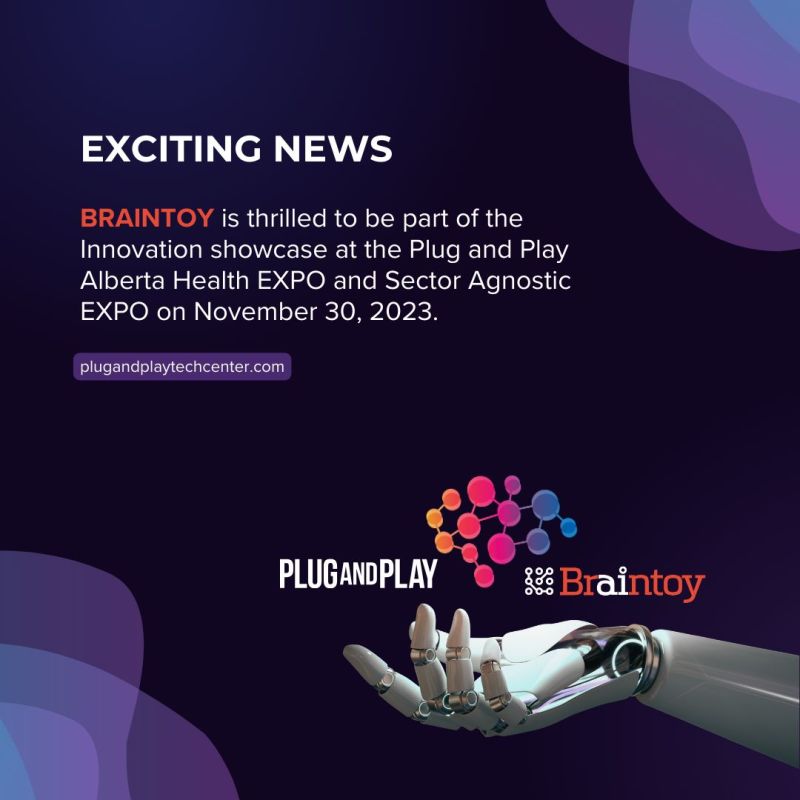Rajbir Bhatti, a Supply Chain Management Professor at Mount Royal University, took a risk when he completely re-designed his Integrated Business Decisions capstone course. He decided to evolve the traditional supply chain course focussing on textbook style knowledge to hands-on decision making in complex supply chain scenarios, using novel optimization tools like Analytical Hierarchy Process (AHP) and Machine Learning. Recognizing the need and opportunity to use machine learning to solve common and costly supply chain issues, Professor Bhatti tossed aside traditional pedagogies and brought in a production-grade machine learning platform designed by Braintoy – known as the “mlOS” (Machine Learning Operating System).
“I didn’t know if it was going to be a huge success or an oversized failure, but I knew my students had the capabilities to do this if provided with the latest industry grade ML fundamentals, tools and skills. I was convinced that if you don’t have to be an electrical engineer to figure out how to use your microwave oven, then you don’t need to be a computer science graduate to be able to use ML,” says Bhatti.
While theory is important, Professor Bhatti says it can only take students so far. By the final year of their BBA program, a hands-on course about machine learning would give them practical industry-level experience that would help them land supply chain analyst roles upon graduation.
“Why do you go to school? You go to learn transferable skills that will make you employable. Applied Machine Learning is a skill of the future. Whether you’re a biologist predicting species of an Iris flower or a supply chain expert forecasting demand, this skill being agnostic of the domain expertise you hold, is a powerful value add to the profile,” he adds.
The capstone course is supported, in part, by Fluor Canada, CN Rail, Bison Transport and Braintoy. The students were given 4-month access to learn and develop models with mlOS. For their Capstone Project, Fluor & Bison Transport graciously provided a highly valuable and anonymized data set for the students to analyze.
“It became a very practical hands-on course where we trained them to use machine learning as a decision making tool. We kept the focus on supply chain and machine learning was the instrument.”
One of the assignments/projects was to use machine learning to develop models that can accurately predict whether the Air Pressure System of a truck will fail or not before it leaves for the next delivery.
In another assignment, students used live data to predict empty miles for a particular load delivery schedule. Finally, for the engineering, procurement and construction (EPC) sector, the students made ML models to predict key milestone delivery delays. Each of these are crucial predictions in the transportation and the EPC sectors which lead to significant losses in modern supply chains.
A running joke in class (as evidenced by the Tim Hortons cup in this photo) was that some class assignments were “one coffee” problems, while other more complex projects were dubbed “two and three coffee problems.”
“Even though they had no coding backgrounds, the students took to ML like ducks to water!” says Bhatti. “They felt so proud, grateful and empowered.”
When your class of university students affectionately refers to you as the “GOAT” (Greatest of All Time), you know you’ve done something right.
Traditionally, machine learning was considered the domain of computer scientists. Students in a non-technical course like Bachelor of Business Administration would never think they would have the capability of using artificial intelligence and machine learning. That’s because of the complex coding and programming that needs to happen in the “back end” of machine learning.
But, technical advancements in no code and low code platforms are making AI accessible to a much wider group of people. As long as you have domain expertise, or deep knowledge of a certain area or problem, and some familiarity dealing with large data sets.
“The results were fantastic! Our industry partners were really thrilled that non-computer science students could speak the language, interpret results, do machine learning themselves and use their domain knowledge of supply chain management to interpret whatever is being done,” he says.
Professor Bhatti believes we need to start teaching these skills long before university, beginning as early as high school. Machine learning will affect almost every aspect of our lives and he says increasing their familiarity with this technology will help prepare future students for the jobs of the future.
Case Study results with MRU Supply Chain Management program
- Designed LSCM 4411 Integrated Business Decisions using mlOS as a student textbook
- Trained supply chain students to be proficient in machine learning
- Created confidence and competence in machine learning, traditionally the domain of computer and data science fields
- ~100 students completed course over the past two years
- Students reported feeling grateful, proud and empowered
- Graduated program with hands-on machine learning models that they created
- Experience with commercial-grade platform
- Industry sponsored access to mlOS for student use
- Cash prizes to top presentations
- A few graduates of the program have started their own ML consulting ventures





